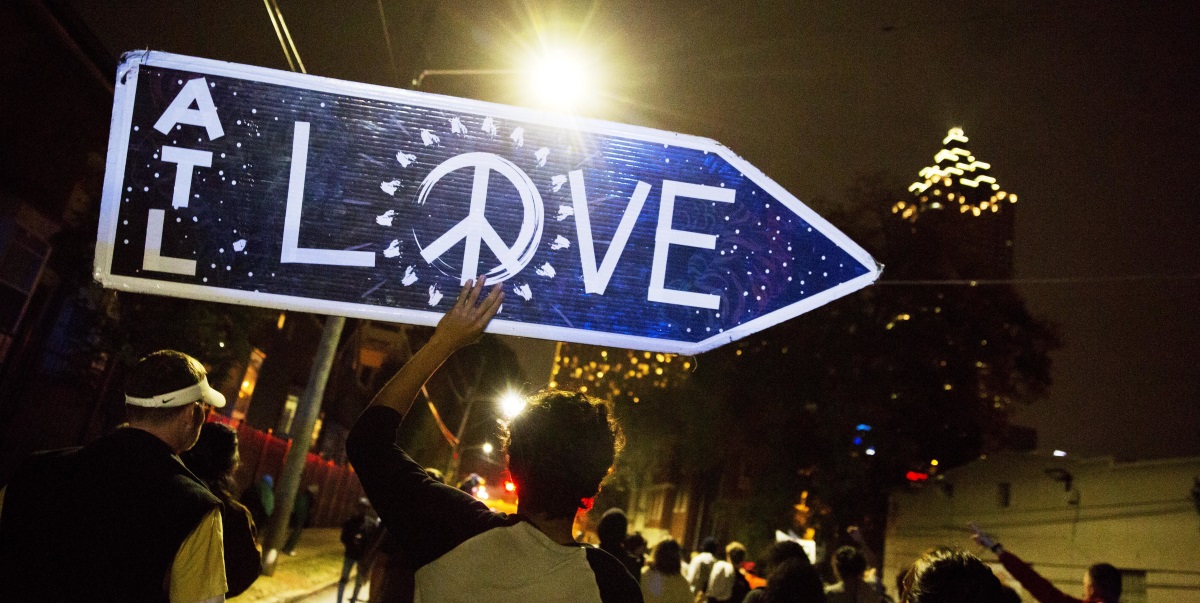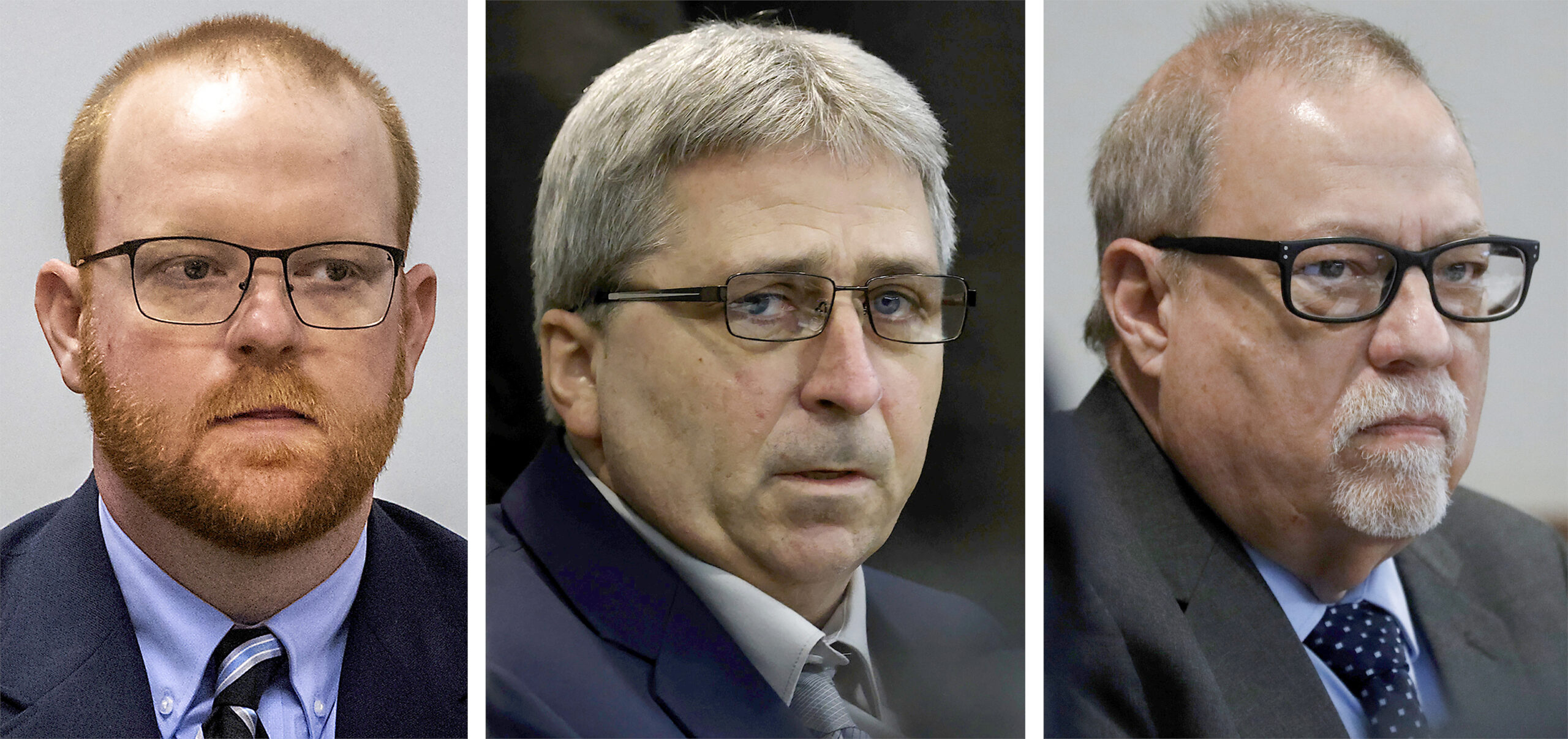Mental Health Providers Wrestle Post-Election Fears, Trauma

AP Photo/David Goldman
WABE's Lisa Hagen spoke to mental health care professionals about the impact of the election.
As the dust is still settling on what has been a shocking presidential election for many, Georgia’s mental health providers say it’s been a difficult time for some patients.
Dr. Sarah Vinson is an Atlanta-based psychiatrist whose clients range from incarcerated youth to people on Medicaid, immigrants and members of the LGBT community. She said increased stress has been an issue across the board for the populations she serves.
“After the election I’ve had people telling me they’ve had trouble sleeping, particularly some of the women who are either sexual minorities or survivors of sexual trauma,” said Vinson.
She said she’s seen a noticeable increase in anxiety, depression and Post Traumatic Stress Disorder symptoms. Vinson said while campaign rhetoric has been a stressor for many for months, more recent reports of incidents of violence, harassment and vandalism since the election are triggering more fears.
“If you can’t feel safe, which is just a basic human need, then you’re going to be at risk for [PTSD] becoming worse again,” said Vinson. She said that be a concern for everyone.
“If your child’s teacher is depressed or the bus driver is depressed or the postal worker is depressed, that does have implications for your life,” said Vinson. While she said her work is motivated primarily out of human concern for the pain her clients may struggle with, there are also the practical implications to productivity and health expenditures to consider.
“We know that when people aren’t mentally well, their physical needs increase,” said Vinson. She added that while it’s too early to say what’s coming in terms of changes to the Affordable Care Act or access health services more broadly, there’s a growing concern among her colleagues about how the medical impacts of a Donald Trump presidency might contribute to even more mental health needs.
In the meantime, as the country waits for more clarity, Vinson emphasized that people should seek out activities and people who make them feel good.
“Those things as just as much a part of treatment as them taking their medicine or making their appointments,” said Vinson. “This is part of them being well, doing those things in their life that they know have been helpful to them in the past.”
Psychiatrist and Morehouse professor Glenda Wrenn said she’s been working on counteracting catastrophic thinking with some patients.
“I think that there’s a great deal of fear and anger on the part of historically underrepresented, disenfranchised, neglected minority community members,” said Wrenn. “I think the exposure of the reality of racism has been shocking for some, but not to other groups.”
She said a lot of anxieties she’s seen expressed have to do with uncertainty. Among fellow providers, Wrenn said there’s an ongoing to discussion about how to help work through people’s feelings, but still identify paths forward for them. In addition to trying to put recent events in perspective, she said she’s seen activism be a form of recovery.
“So there’s a symptom reduction aspect to PTSD treatment, but there’s also an opportunity to call out problems that live and breathe in society and social norms,” said Wrenn.
Dr. Nzinga Harrison, the chief medical officer with Anka Behavioral Health, said she’s also heard from people thrilled by the election results, but who feel under attack by others emphasizing what they see as the negative potential of a Trump presidency.
“It can be frustrating if you see something that’s not ugly and other people can’t appreciate that,” said Harrison. She encouraged empathy.
“It’s OK to feel exhilarated as long as you can still reach in and feel compassion for person for whom it was devastating and to say ‘What is it that was so scary and how can I not be a part of making that fear worse?’” said Harrison.
But all that can be challenging, she said, with many peoples’ adrenaline levels ratcheted up.
“Adrenaline makes us see everything through a more aggressive filter. And so even if you’re talking to me and trying to be understanding, I’m interpreting your words through a sinister filter,” said Harrison, who said it may simply take time and space for heightened emotions to give way to calmer thought patterns.
9(MDAxODM0MDY4MDEyMTY4NDA3MzI3YjkzMw004))








